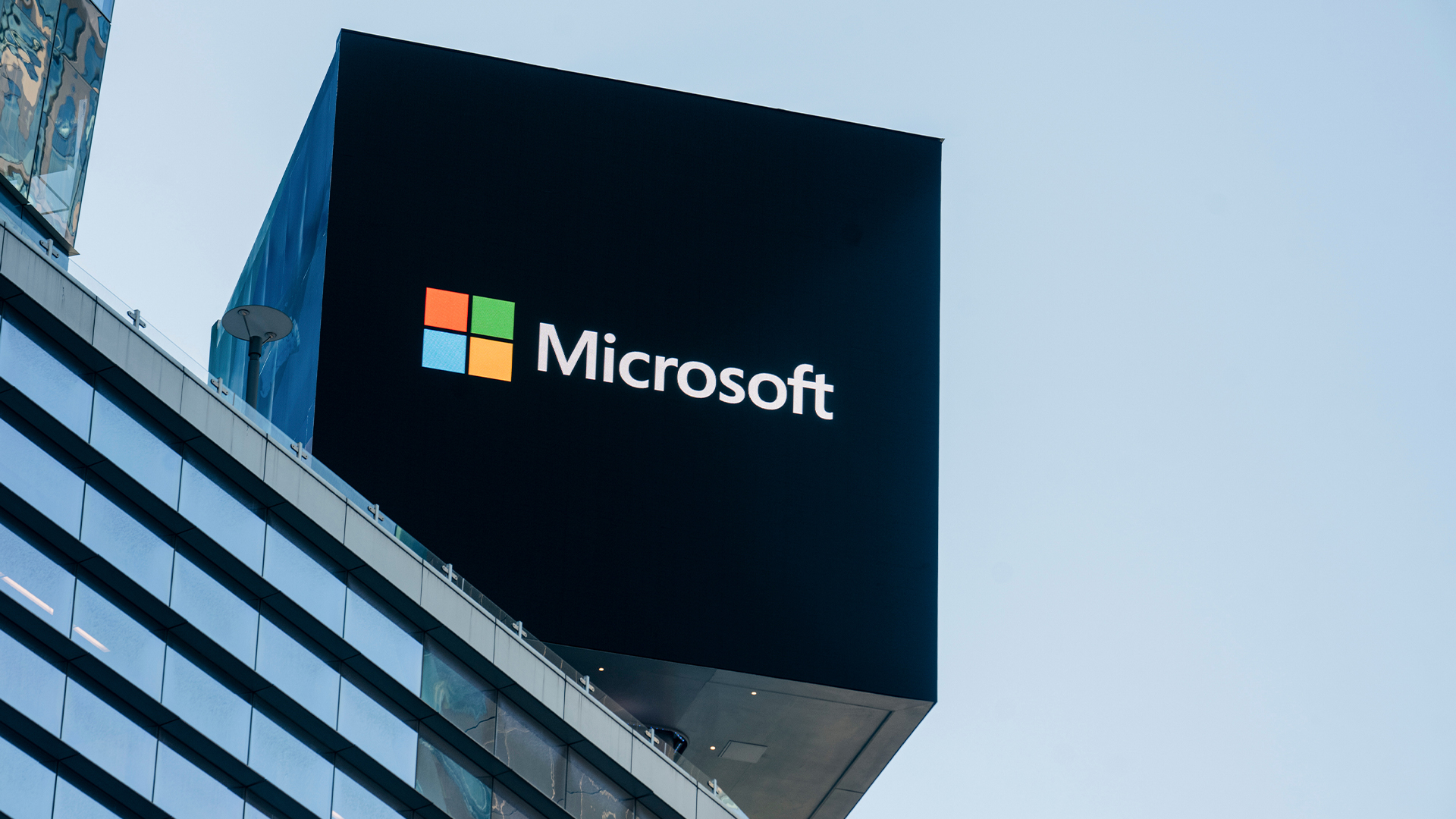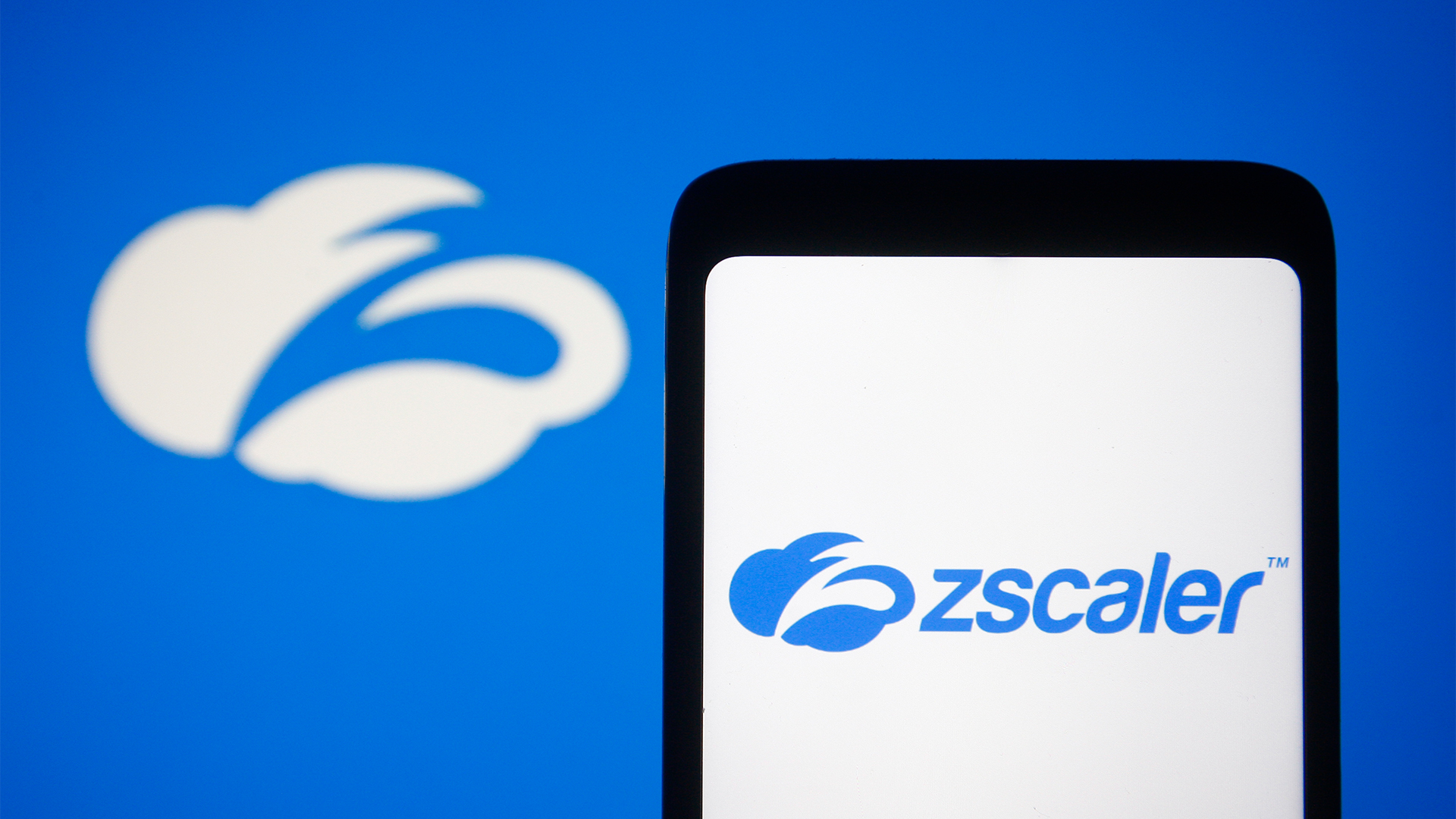Adopting more security tools doesn't keep you safe, it just overloads your teams
Security tool sprawl makes it harder to manage environments and overwhelms teams


While most security decision makers are expanding their security tools rather than replacing them, this could create greater risks for practitioners.
According to new Google Workspace research, while nearly two-thirds (62%) of UK-based IT leaders admitted to adding new security tools as they go along, those ending up with ten or more experience more security incidents than those with fewer.
Justin Anderson, director of Google Workspace for the UK and Ireland, said the study highlights a long-running problem for cybersecurity practitioners, with many organizations falling into the trap of overloading teams with tools in the belief it will bolster broader resilience,
"This piecemeal approach to security not only fails to address the root of the problem but often exacerbates it by creating a complex and unwieldy security environment that is difficult to manage effectively," Anderson said.
Meanwhile, the survey from Google Workspace found legacy tech is increasingly becoming a liability. This is an acute problem in the UK, where three-quarters of security leaders believe it's left them ill-equipped to handle the challenges of modern security threats, compared with just 59% globally.
However, newer technologies are causing concern too. More than three-quarters of respondents told Google they believed that generative AI usage has contributed to a rise in security incidents - much more than the global average of 65%.
Many IT leaders are also slow to act on these concerns, the study noted. Only a quarter of respondents said they have introduced AI-specific security policies, compared to a global average of 41%.
Get the ITPro daily newsletter
Sign up today and you will receive a free copy of our Future Focus 2025 report - the leading guidance on AI, cybersecurity and other IT challenges as per 700+ senior executives
"This increase in security concerns related to AI can be attributed to several factors, including the rise of 'shadow AI' inside of companies - the use of generative AI tools that haven’t been vetted and authorized by the IT and security teams," said Anderson.
"The challenge isn’t that AI is inherently riskier, it’s that unsanctioned and ad hoc use of shadow AI inside of companies creates an extremely challenging task for security administrators to protect what they can’t see and can’t measure."
And as a result of all this pressure, 43% of UK IT and security leaders say that their teams are overwhelmed and burned out by security threats - 15 percentage points higher than the global average.
The answer to this, according to Google, is to move away from legacy technology and adopt solutions that are secure by design while streamlining the suite of security solutions harnessed by teams.
RELATED WHITEPAPER

The issue of proliferating security tools was addressed at this year's Check Point Software Cyber Leader Summit, with industry experts warning that the sheer volume of tools used by teams is overloading practitioners and creating gaps within organizations’ defenses.
Speaking to ITPro at the time, Maxine Holt, senior director of research and content at Omdia, said there is no one-size-fits-all solution or approach for many businesses, and that IT leaders should temper expectations when consolidating their tool sprawl.
"You can’t have one platform that does everything. Whether it’s Check Point, Microsoft, or Palo Alto, they don’t do everything that’s needed in the security portfolio, so you’re going to need multiple platforms."
Consolidation does work, Holt noted. But again this shouldn’t be viewed as an attempt for teams to place all their eggs in one basket. Even modest attempts to consolidate tool sprawl can deliver benefits.
“You will end up with typically multiple security platforms to be able to drive down that complexity, and that’s better than 50 disparate products,” she told ITPro.

Ross Kelly is ITPro's News & Analysis Editor, responsible for leading the brand's news output and in-depth reporting on the latest stories from across the business technology landscape. Ross was previously a Staff Writer, during which time he developed a keen interest in cyber security, business leadership, and emerging technologies.
He graduated from Edinburgh Napier University in 2016 with a BA (Hons) in Journalism, and joined ITPro in 2022 after four years working in technology conference research.
For news pitches, you can contact Ross at ross.kelly@futurenet.com, or on Twitter and LinkedIn.
-
 Microsoft just hit a major milestone in its ‘zero waste’ strategy
Microsoft just hit a major milestone in its ‘zero waste’ strategyNews Microsoft says it's outstripping its zero waste targets, recording a 90.9% reuse and recycling rate for servers and components in 2024.
By Emma Woollacott
-
 Dell names Lisa Ergun as new Client Solutions Group channel lead for the UK
Dell names Lisa Ergun as new Client Solutions Group channel lead for the UKNews Dell Technologies has announced the appointment of Lisa Ergun as its new Client Solutions Group (CSG) channel lead for the UK.
By Daniel Todd
-
 Foreign AI model launches may have improved trust in US AI developers, says Mandiant CTO – as he warns Chinese cyber attacks are at an “unprecedented level”
Foreign AI model launches may have improved trust in US AI developers, says Mandiant CTO – as he warns Chinese cyber attacks are at an “unprecedented level”News Concerns about enterprise AI deployments have faded due to greater understanding of the technology and negative examples in the international community, according to Mandiant CTO Charles Carmakal.
By Rory Bathgate
-
 Google’s Big Sleep AI model just found a zero-day vulnerability in the wild — but don’t hold your breath for game-changing AI bug hunting tools any time soon
Google’s Big Sleep AI model just found a zero-day vulnerability in the wild — but don’t hold your breath for game-changing AI bug hunting tools any time soonNews Google clarified it was the first undiscovered memory safety bug to be flagged by an AI agent, touting this as a significant step in using AI for vulnerability research
By Solomon Klappholz
-
 Australia and Google turn to AI to protect critical infrastructure
Australia and Google turn to AI to protect critical infrastructureNews Australia's CSIRO partners with Google to develop homegrown AI security tools for infrastructure
By Nicole Kobie
-
 Google Workspace just got a slew of new zero trust features to help supercharge user security – here's what you need to know
Google Workspace just got a slew of new zero trust features to help supercharge user security – here's what you need to knowNews New Zscaler integrations across Chrome Enterprise, Google Workspace, and Google Security Operations aim to enhance enterprise security and access
By Daniel Todd
-
 Google says Microsoft can’t be trusted after email security blunders
Google says Microsoft can’t be trusted after email security blundersNews Google has fired a broadside at Microsoft amid concerns over the tech giant's repeated security blunders
By Solomon Klappholz
-
 Google forced to delete billions of incognito browsing records after privacy controversy
Google forced to delete billions of incognito browsing records after privacy controversyNews Google has agreed to delete data it gained improperly through its private browsing function
By George Fitzmaurice
-
 Google spent $10 million on bug bounty payouts last year — here's what flaws researchers uncovered
Google spent $10 million on bug bounty payouts last year — here's what flaws researchers uncoveredNews Google’s Vulnerability program paid rewards to 600 researchers in 2023, with Android flaws earning a third of the total
By Steve Ranger
-
 Magika, Google's new AI security tool, helps users identify malware at rapid speed - and it's free to access on GitHub
Magika, Google's new AI security tool, helps users identify malware at rapid speed - and it's free to access on GitHubNews Google hopes its Magika AI security tool will rapidly accelerate malicious file identification, but there are some limitations, according to industry experts
By George Fitzmaurice